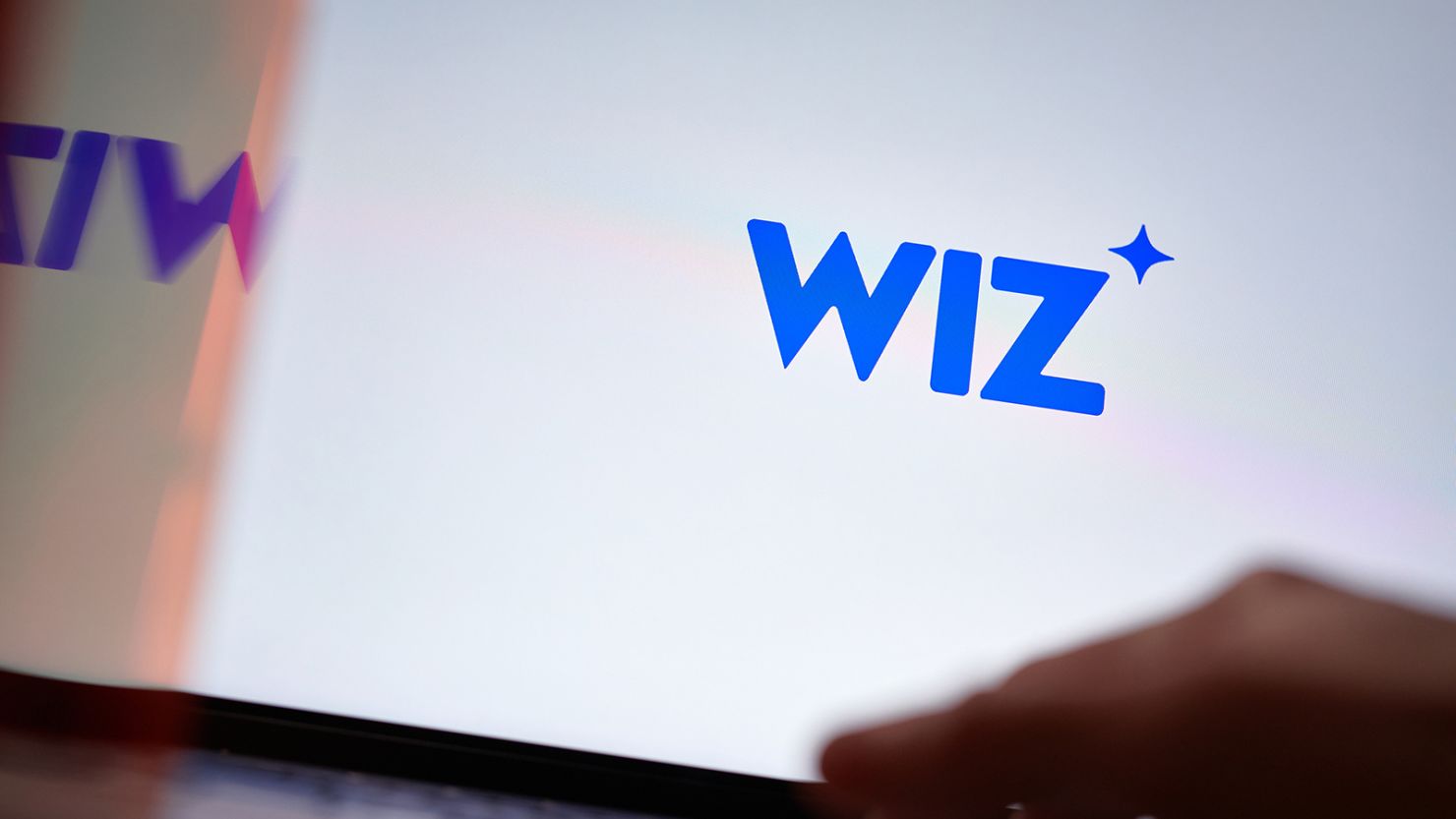Google-parent Alphabet’s plans to acquire Israeli cybersecurity startup Wiz for a record $23 billion has reportedly come to an end. If the deal would’ve gone through, this would’ve been the tech giant’s biggest-ever acquisition.
According to a memo obtained by Reuters, Wiz’s CEO Assaf Rappaport has revealed the reasons behind the company’s decision to terminate its planned acquisition by Alphabet, the parent company of Google.
The memo sheds light on the circumstances surrounding the termination of the acquisition talks, which were reportedly in advanced stages earlier in July.
Read also: Cookies to Remain in Google Chrome Despite Privacy Changes
At the time, sources familiar with the matter indicated that Alphabet was poised to acquire Wiz for approximately $23 billion in what would have been a significant deal in the cybersecurity sector.
However, the deal has now been called off, with Wiz choosing to remain independent. While the exact reasons and details behind this decision have not been publicly disclosed, Rappaport’s memo provides insight into the company’s thought process.
It is unclear what prompted Wiz to walk away from the deal, but the move suggests that the company is confident in its ability to thrive on its own. The termination of the acquisition talks may also indicate that Wiz has alternative plans or opportunities in the works, although this remains speculative at present.
In May, Wiz raised $1 billion in a private funding round at a $12 billion valuation. Meanwhile, the new valuation offered by Google was nearly double what the cybersecurity company announced earlier.
Wiz Rejects Acquisition, Focuses on Innovation and Growth
According to Rappaport, the company would now focus on an initial public offering, as it had planned earlier. He also noted that Wiz is aiming to achieve an annual recurring revenue of $1 billion.
Saying no to such humbling offers is tough, but with their exceptional team, they feel confident in making that choice,” Rappaport wrote, referring to the acquisition offer in the memo.
Wiz provides innovative cloud security solutions, leveraging artificial intelligence (AI) to empower businesses to identify and neutralize high-risk threats, ensuring robust protection for their cloud-based operations.
Read also: Google-backed African startups raise $266 million in investment
Google’s Growth Plans failed by Wiz Deal Collapse
Wiz’s decision to terminate the acquisition deal may prove to be a substantial obstacle to Google’s cloud computing aspirations. Google has been actively investing in its cloud infrastructure to remain competitive in the market, but the loss of Wiz, a prominent cybersecurity firm, could hinder its progress. Wiz’s expertise in AI-powered cloud security solutions would have complemented Google’s cloud offerings, enhancing its ability to provide robust security features to its clients. Without Wiz, Google may struggle to keep pace with its rivals in the cloud security space.
The collapse of the Wiz deal also marks the second high-profile acquisition failure for Google-parent Alphabet in a short span. Recently, the company announced its withdrawal from a deal to acquire HubSpot, another significant setback for its expansion plans. These failed acquisitions may raise concerns about Alphabet’s ability to execute its growth strategy through mergers and acquisitions. As the company continues to face intense competition in the cloud market, the inability to secure key acquisitions may impact its long-term ambitions in the sector.
Acquiring Wiz would have significantly bolstered Google’s presence in the cybersecurity market, serving as a strategic follow-up to its 2022 purchase of Mandiant. The addition of Wiz’s cutting-edge AI-powered cloud security solutions would have complemented Mandiant’s threat intelligence and incident response capabilities, creating a comprehensive cybersecurity portfolio.
This combined expertise would have enabled Google to offer a robust and integrated security platform, positioning the company as a leader in the cybersecurity space. By acquiring Wiz, Google would have gained a competitive edge in protecting cloud-based operations, addressing a critical need for businesses in today’s digital landscape.




